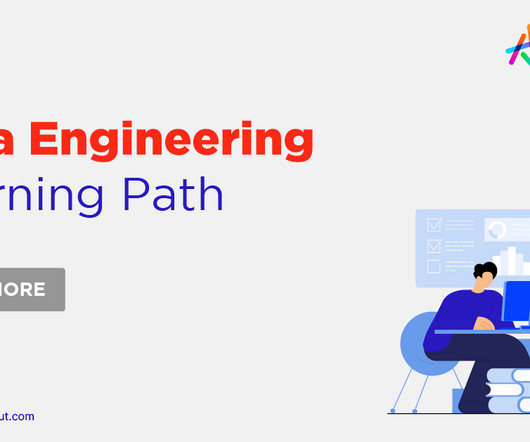Data Engineering Learning Path: A Complete Roadmap
Knowledge Hut
JUNE 23, 2023
Go for the best courses for Data Engineering and polish your big data engineer skills to take up the following responsibilities: You should have a systematic approach to creating and working on various data architectures necessary for storing, processing, and analyzing large amounts of data.












Let's personalize your content